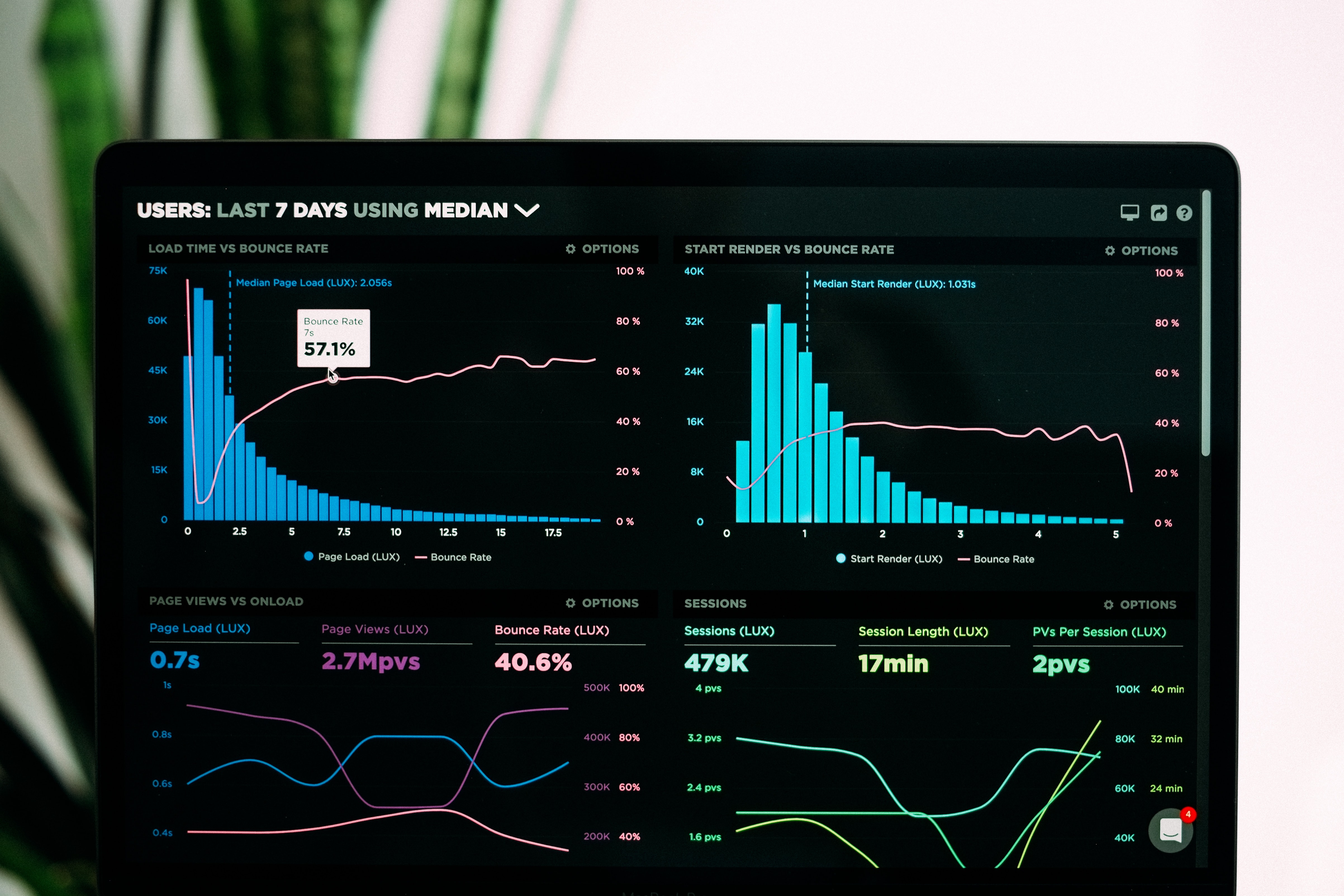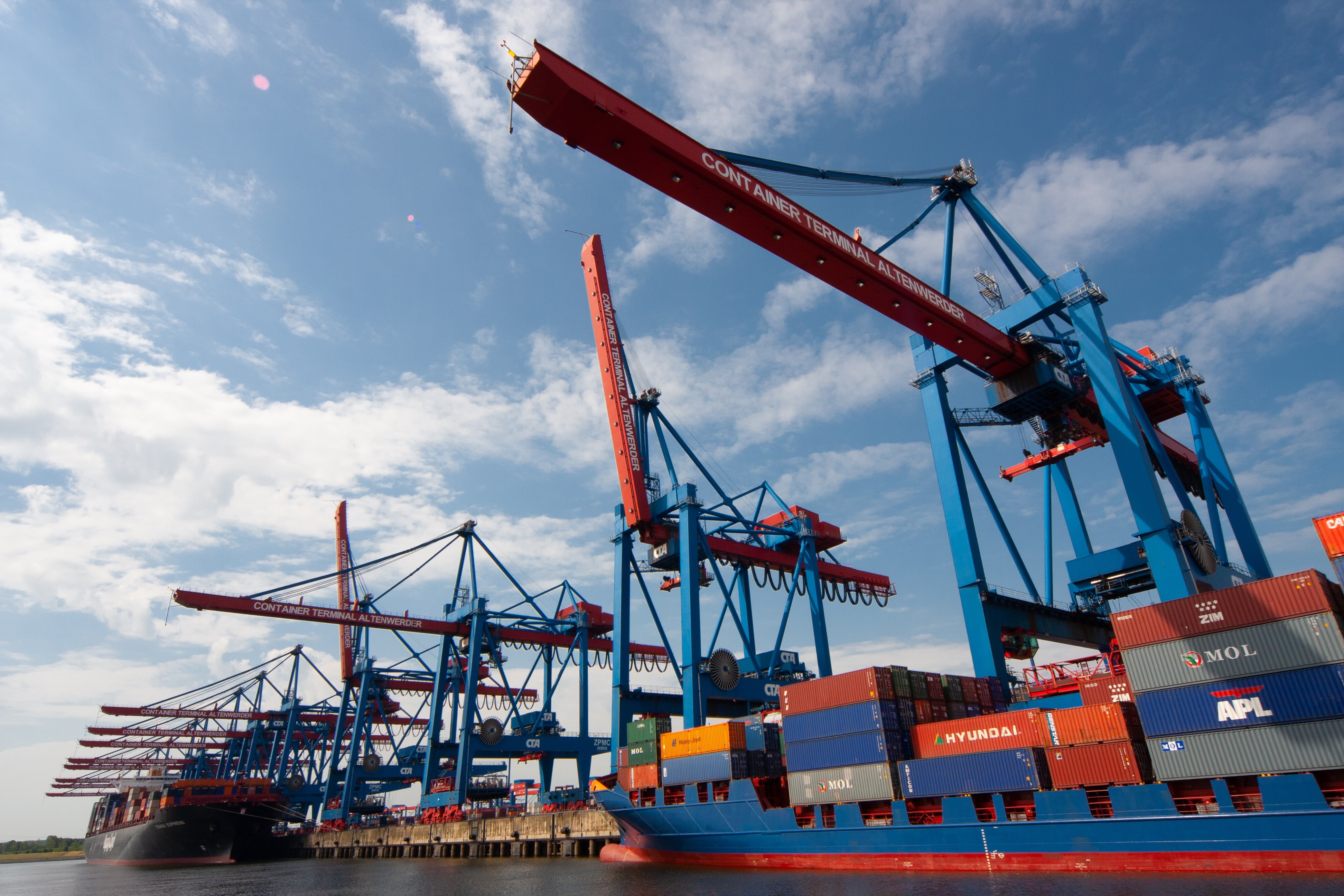More about HKUST
Working Paper Series
Decentralized Targeting of Agricultural Credit Programs: Private versus Political Intermediaries
By Pushkar Maitra, Sandip Mitra, Dilip Mookherjee
We conduct a field experiment in India comparing two approaches to appointing a local commission agent to select eligible smallholder farmers for a subsidized credit program: a private trader in TRAIL, versus a political appointee in GRAIL. Although both schemes had similar loan take-up and repayments and similar treatment impacts on borrowing and farm output, only TRAIL raised farm profits significantly. This cannot be explained by greater connectedness between TRAIL agents and farmers, or differential patterns of borrower selection.
International Protection of Consumer Data
By Xinyu Hua, Yongmin Chen, Keith E. Maskus
We study the international protection of consumer data in a model where data from product sales generate additional revenue to firms but disutility to consumers. When data usage lacks transparency, a firm suffers a commitment problem and overuses consumer data. As transparency increases, the firm may adjust prices inefficiently across countries with different privacy preferences.
Performance Evaluation, Influence Activities, and Bureaucratic Work Behavior: Evidence from China
By Alain de Janvry, Elisabeth Sadoulet, Shaoda Wang, Qiong Zhang, Guojun He
Subjective performance evaluation is widely used by firms and governments to provide work incentives. However, delegating evaluation power to local senior leadership could induce influence activities: agents might devote much effort to pleasing their supervisors, rather than focusing on productive tasks that benefit their organizations. We conduct a large-scale randomized field experiment among Chinese local government employees and provide the first rigorous empirical evidence on the existence and implications of influence activities.
Global Value Chain and Business Cycle Comovement: Does Distance Matter?
By Juanyi Xu, Daoju Peng, Kang Shi
A salient feature of recent globalization is the emergence of global value chain, along which countries specialize in different positions. These difference of positions along the global production network may affect the business cycle comovement of two countries. Based on influence matrix derived from input-output linkage, a novel measure of distance is proposed to capture the heterogeneity between two countries in output response to country-specific technology shocks that propagate through global production network.
Riding Out the COVID-19 Storm: How Government Policies Affect SMEs in China
By Robin Kaiji Gong, Joy Chen, Zijun Cheng, Jinlin Li
Based on a nationally representative survey on SMEs in China, we study the impact of government policy interventions on SMEs during the COVID-19 pandemic. Our findings are three-fold. First, regional and local lock-down policies decrease SMEs' incidence of reopening and delay their expected reopening in the near future, likely by reducing consumer demand. Second, stabilization policies in the form of payment deferrals and exemptions significantly improve SMEs' cash flows and further stimulate their operational recovery.
Managing Expectations in the New Keynesian Model
By Yang Lu, Robert G. King
We study the optimal monetary policy in a setting where the private sector is forward-looking and learning about the type of central bank in place. We consider two types of central bank, one patient type that can commit and one opportunistic type that is myopic and cannot commit. Being able to commit or not, the central bank in place chooses inflation policies optimally, taking into account the learning and rational expectation of the private sector.
Financial Fraud and Investor Awareness
By Zhengqing Gui, Xiaojian Zhao
We study a retail financial market with naive investors who are unaware of the possible financial fraud. In our model, firms strategically choose whether to offer normal or fraudulent products to possibly unaware investors. Having new firms in the market makes offering normal products less profitable and thus discourages firms from behaving honestly. In a leader-follower environment, an honest firm may sell a normal product to sophisticated investors, while a dishonest firm targets only naive investors.
Business Cycles and Earnings Inequality
By Byoungchan Lee
The author constructs a novel, quarterly measure of earnings inequality and document the following facts. First, shocks to productivity and government expenditure have significant effects on earnings inequality, while monetary policy shocks have little effect. Second, unanticipated innovations in earnings inequality, summarizing redistributive forces from the bottom to the top, substantially lower aggregate demand in a U-shaped manner. Finally, the power of stabilization policies increases with the level of inequality.
The Local Technology Spillovers of Multinational Firms
By Robin Kaiji Gong
This paper identifies the causal effect of U.S. multinationals' technology shocks on their subsidiaries' and nearby domestic firms' productivity in China. By combining firm-level data from both the U.S. and China, I match U.S. multinationals with their manufacturing subsidiaries in China and measure the multinationals' technology shocks to the local firms in China based on the multinationals' patenting activities in the U.S. To address potential endogeneity concerns, I introduce an instrumental variable strategy based on U.S. state-level R&D tax credit policies.
A Model of Trade with Endogenous Product Design
By Pak Hung Au, Xiaoping Chen
We study a model of international trade in which firms choose between a board product design that targets mainstream consumers, and a niche product design that targets specific market segments. Assuming that local firms have absolute advantage in providing niche products to the local market, we show that in equilibrium, the more efficient firms adopt a board design and export whereas the less efficient firms adopt a niche design and do not export.











